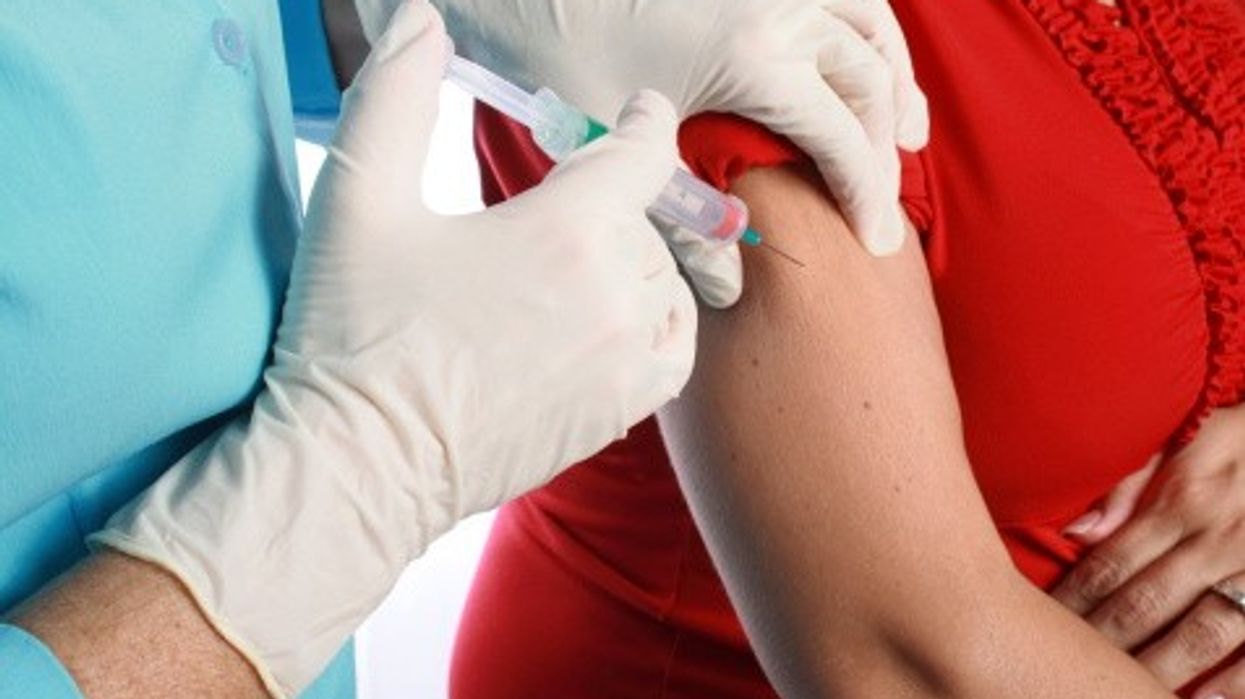Community pharmacies in the Midlands would be allowed to provide respiratory syncytial virus (RSV) and pertussis (whooping cough) vaccinations from May 2025 under an enhanced service.
On 3 March 2025, NHS Arden and Greater East Midlands Commissioning Support Unit (AGCSU), acting on behalf of NHS England (NHSE), issued a contract tender for the Community Pharmacy RSV and Pertussis Vaccination Enhanced Service.
The tender outlines plans to commission 66 pharmacy sites across three Integrated Care Boards (ICBs) in the Midlands—NHS Black Country ICB, NHS Leicester, Leicestershire and Rutland ICB, and NHS Birmingham and Solihull ICB — to provide the service. Each ICB will have 22 sites to ensure an even geographical spread.
“The value of the service provision resulting from this procurement process will be an Item of Service (IoS) fee of £9.58 for the administration of each RSV and pertussis vaccine to each eligible patient,” the tender said.
The service is set to run from May 2025 until 31 March 2027, with “an option for the commissioner to extend for 24 months until 31 March 2029.”
The deadline for responses to the invitation to tender (ITT) is 14 March 2025.
Alastair Buxton, director of NHS services at Community Pharmacy England (CPE), told The Pharmaceutical Journal that expanding the NHS vaccination programmes through pharmacies can help address “falling vaccine coverage, particularly in relation to less well-served groups of the population.”
He welcomed the agreement between NHSE and CPE to use a national enhanced service model to meet population health needs.
“We believe such an approach can best support ICBs to easily commission community pharmacies to help address their populations’ unmet vaccination needs once ICBs take on delegated responsibility for vaccination commissioning in April 2026,” Buxton added.
Following recommendations from the Joint Committee on Vaccination and Immunisation (JCVI), NHSE launched two RSV vaccination programmes in September 2024—one for adults (primarily commissioned through general practice) and one for infants, delivered as a maternal vaccine (mainly through NHS Trusts).
Under the enhanced service, “where there are areas of identified additional need,” community pharmacy will be commissioned to provide “additional capacity and increased access to supplement the core provision of these two programmes,” the tender said.
While RSV usually causes mild illness, it can lead to severe respiratory disease in vulnerable groups such as older adults and infants.
Community pharmacies in the East of England have already been commissioned to offer the RSV vaccine to patients aged 75–79 and pregnant women from 28 weeks.
Currently, pertussis vaccination is offered to pregnant women from 16 weeks via general practice and NHS trusts.
However, the tender said that “where there are areas of identified additional need, the commissioner will commission community pharmacy to provide the pertussis vaccination programme opportunistically to pregnant women to supplement the core service provision.”
Pertussis (whooping cough) is a serious respiratory infection caused by the Bordetella pertussis bacterium. It can lead to severe complications, including pneumonia, breathing difficulties (apnoea), and seizures, with infants at the highest risk of hospitalisation or death.
Cases of whooping cough in England surged by over 1,600% in 2024 compared to the previous year, according to the UK Health Security Agency.
This initiative marks the second national enhanced service used to commission vaccinations from community pharmacies, following the COVID-19 vaccination programme.













